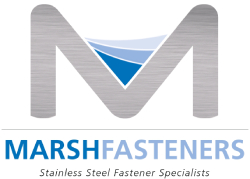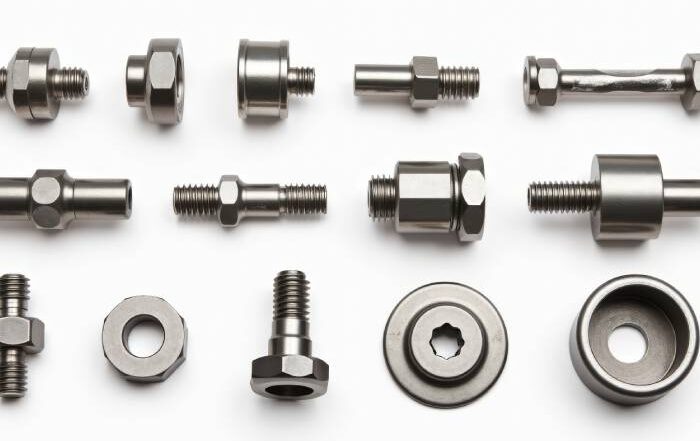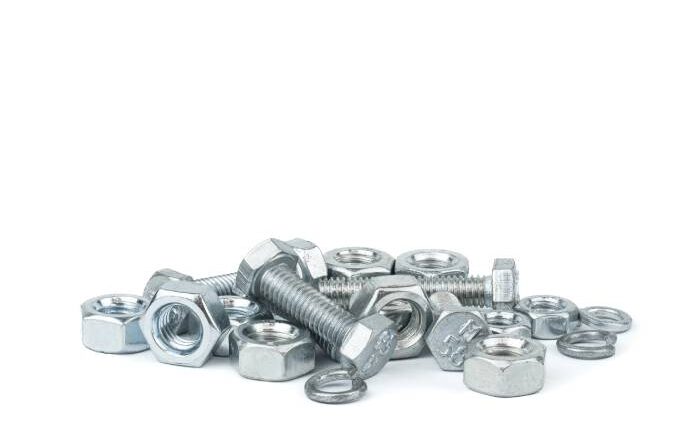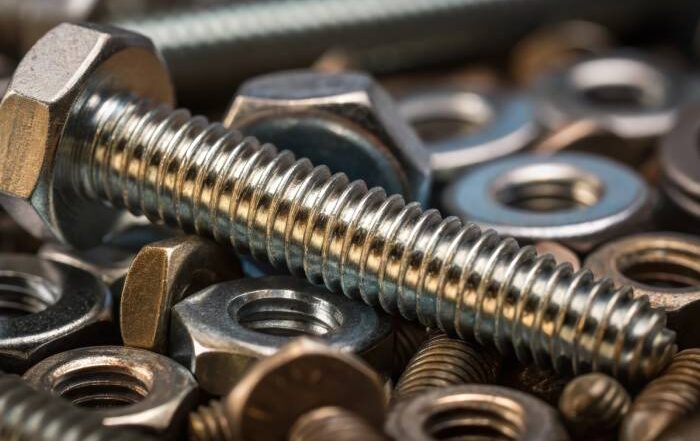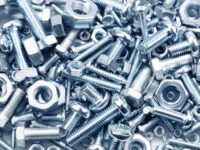
Choosing the right fasteners for a project can be difficult because there are so many criteria and variables that need to be considered.
Defining the parameters of the project and pinning down all of those variables is thus essential as a starting point. Choosing the wrong fasteners (stainless steel fasteners or other fasteners) could lead to problems with the installation such as corrosion or damage to the fasteners and the materials they join.
Establish What Fasteners You Will Need At The Start And Budget For Them.
Establish exactly what kind of fasteners you will need at the outset. Don’t make the mistake of thinking with your wallet first. It’s perfectly fine to consider budget (in fact, it is almost always necessary to consider budget), but your budget should be built around the best and most durable fasteners for your project, not the cheaper option.
Factors You Need To Consider When Choosing Fasteners
Factors you need to consider include the grade of stainless steel, the ‘proof stress’ (psi) of the metal and how much pressure the fasteners can take, corrosion resistance, what materials you will be joining with the fasteners, and what temperatures, stresses and loads they may be subjected to. Following is a summary of the most important factors to be considered when choosing fasteners for most projects.
The Materials The Fasteners Will Be Joining
Metal fasteners should be made of the same metal as the materials being joined. Stainless steel fasteners can be used with non-metals, so unless you need to join aluminum or other metals that may cause stainless steel fasteners to corrode, it may be better to opt for fasteners made with other alloys.
Fastener Strength
The fasteners should be strong enough to withstand the load and stress they will be subjected to. Stainless steel fasteners are strong, but different types of fasteners offer different load-bearing and pressure strengths.
Size, Type And Shape Of The Fastener And Permanence Of The Join
The size, type, and shape of the fasteners should be appropriate for the materials being joined, the installation, the application, whether or not the fasteners must be permanent or whether they may need to be replaced without damage to the materials they are joining. The length, diameter, and thread should be chosen based on the thickness and type of materials being joined. Self-tapping and self-drilling screws should also be considered as a more secure alternative to normal screws.
Grade And Corrosion Resistance
Stainless steel fasteners all offer high anti-corrosion but marine grade fasteners (the highest grade of stainless steel fasteners) are best if the installation will be exposed to salts.
Installation Method
The method of installation should be considered when choosing the type of fastener. For example, if access is limited, then a self-tapping screw may be a better choice than a bolt and nut.
Appearance
The appearance of the fasteners should be considered if they will be visible in the finished project. You may not necessarily need rivets (and the rivet gun you’ll need to install them) but they might look better than screw heads on the outside.
Other Environmental Stressors Such As Temperature
Stainless steel fasteners are suitable for most applications and projects. However, don’t assume the highest grade stainless steel fastener is always the best in every situation and temperature. Stainless steel can become brittle in extreme cold.
However, stainless steel fasteners are almost always ideal for DIY projects when temperature or material is not a factor. It’s simply a matter of choosing the right type and grade of stainless steel fastener.
Ask For Expert Advice On The Right Fasteners For Your Project
You will avoid problems and unnecessary expenses down the line if you can provide your hardware retailer or supplier with the right information. Expert advice trumps your knowledge unless you are experienced with the project you need the fasteners for, and a hundred percent sure of what you will need.
Let our expert team at Marsh Fasteners help you choose the right fasteners for your project. Contact us today!
